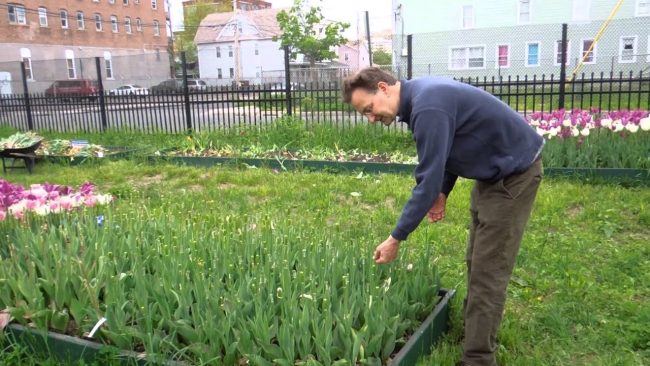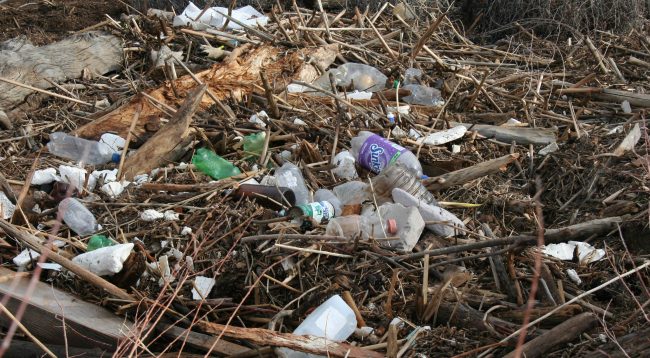
Pest Control Grand Rapids is not just about eradicating nuisances; it’s about safeguarding homes and communities against potential health hazards, property damage, and ecological disruption. In Indiana, where diverse landscapes and urban areas intersect, achieving pest-free living is paramount for residents. By understanding common pests, their associated risks, and implementing effective pest control strategies, Indiana residents can enjoy a healthier and safer environment to get Pest Control Grand Rapids.
Identifying Common Pests in Indiana
Insects
Indiana is home to a variety of insects that can invade homes and businesses. Among these are ants, spiders, and bedbugs. Ants, particularly carpenter ants, can cause structural damage by tunneling through wood. Spiders, while often harmless, can instill fear and discomfort in residents. Bedbugs, on the other hand, are notorious for their ability to infest bedding and furniture, causing bites and skin irritation.
Rodents
Rodents such as mice, rats, and squirrels are common pests in Indiana. These creatures can enter buildings through small openings in search of food and shelter. Mice and rats are known to gnaw on wires, causing electrical fires, and contaminate food with their droppings. Squirrels, while less destructive indoors, can still cause damage to property and pose a nuisance.
Wildlife
Indiana’s natural landscapes attract a variety of wildlife, some of which can become pests when they encroach upon residential areas. Raccoons, skunks, and birds are among the wildlife species that commonly cause problems for homeowners. Raccoons and skunks may rummage through garbage cans, create dens under decks, or even enter homes in search of food. Birds, such as pigeons, can roost on rooftops and create unsanitary conditions with their droppings.
Risks Associated with Pest Infestations
Health Concerns
Pest infestations pose significant health risks to Indiana residents. Diseases transmitted by pests, such as mosquitoes carrying West Nile virus or ticks transmitting Lyme disease, can result in serious illness. Additionally, individuals with allergies may experience reactions to insect bites or stings. Contamination of food and water sources by pests can also lead to foodborne illnesses.
Property Damage
Pests can cause extensive damage to property, resulting in costly repairs and replacements. Rodents, in particular, are notorious for chewing through wires, insulation, and structural components of buildings. This not only compromises the integrity of the structure but also increases the risk of electrical fires. Additionally, pests like termites can cause significant damage to wooden structures, requiring extensive repairs.
Ecological Impact
Pest infestations can have far-reaching ecological consequences in Indiana. Invasive species, introduced through human activities or natural dispersal, can disrupt local ecosystems by outcompeting native species for resources. Predation by pests can also lead to declines in populations of native wildlife, upsetting the delicate balance of the ecosystem. Furthermore, pests may serve as vectors for diseases that affect both wildlife and humans.
Strategies for Achieving Pest-Free Living
Prevention Techniques
Prevention is key to achieving pest-free living in Indiana. Sealing entry points, such as gaps around doors and windows, prevents pests from gaining access to buildings. Maintaining cleanliness, both indoors and outdoors, deprives pests of food sources and breeding grounds. Proper food storage, in sealed containers, reduces the attractiveness of homes to rodents and insects.
Integrated Pest Management (IPM)
Integrated Pest Management (IPM) combines multiple strategies to effectively manage pest populations while minimizing environmental impact. Biological control methods, such as introducing natural predators or parasites, target specific pests without harming beneficial species. Mechanical control measures, such as traps and barriers, physically exclude pests from buildings. Chemical control solutions, when necessary, are applied judiciously to minimize risks to humans and non-target organisms.
Professional Pest Control Services
When faced with persistent or severe pest infestations, seeking professional pest control services is often the most effective solution. Pest control professionals have the expertise and experience to accurately identify pests, assess the extent of infestations, and develop customized treatment plans. By utilizing specialized equipment and knowledge of pest biology and behavior, professionals can effectively eradicate pests while minimizing risks to residents and the environment. Regular inspections and monitoring ensure that pest problems are addressed promptly, preventing reinfestations and maintaining pest-free living conditions.
Conclusion
In conclusion, achieving pest-free living in Indiana requires a proactive approach that includes identifying common pests, understanding associated risks, and implementing effective control strategies. By collaborating with pest control professionals and adopting preventive measures, residents can create a healthier and safer environment for themselves and future generations. Together, we can preserve the beauty and integrity of Indiana’s landscapes while safeguarding homes and communities against the challenges posed by pests.


